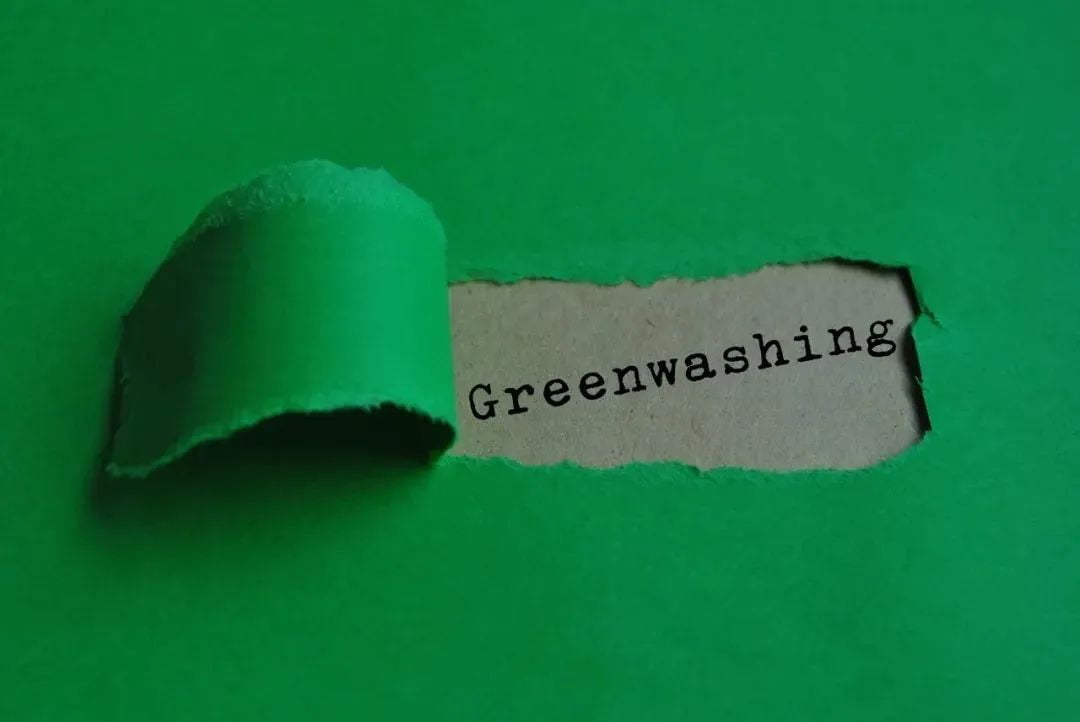On March 22, 2023, the European Commission presented a proposal for a Green Claims Directive. The proposal was drafted by the European Union's Directorate-General for the Environment (DG ENV), the body responsible for the EU's environmental policy. The proposal would aim to tackle false sustainability claims and "greenwashing" by establishing new rules and common standards for eco-declaration and labeling.
Green statements are everywhere: ocean-friendly T-shirts, carbon-neutral bananas, bee-friendly juices, 100% carbon-offset couriers, and more," said Frans Timmermans, executive vice president of the European Green Deal, in an official statement. Unfortunately, however, these statements are often made without any evidence or justification. This creates an opportunity for greenwashing and is very detrimental to companies that actually produce sustainable products. Many Europeans want to help create a more sustainable world by buying green products, so they need claims they can trust. With this proposal, we are reassuring consumers that the green products being sold are indeed green."

What is "greenwashing"?
Greenwashing is a marketing strategy employed by businesses and organizations that involves the use of false environmental claims or exaggerated sustainability practices and efforts. The practice is designed to capitalize on a general consumer demand, particularly the desire of "Generation Z" consumers, to purchase sustainable products.
Greenwashing is rampant in Europe.
In 2020, the European Commission published a list of environmental claims that exposed the widespread existence of false environmental claims and sustainability claims. In fact, after analyzing a sample of 150 environmental claims from the list, 53.3% of them were found to contain misleading, unfounded or ambiguous information about the environmental attributes of the products.
Is the Green Statement Directive necessary?
All of us want to do our best to minimize the environmental impact of our consumption choices, but it's not easy to be green," said Virginijus Sinkevičius, EU Commissioner for the Environment. We are faced with a huge amount of information. There are 230 different eco-labels on the EU market. The authenticity of green claims and labels on products is very important. The proposal put forward by the Commission will protect businesses and consumers from harmful greenwashing practices and address the proliferation of labels. We want to help consumers feel more confident in their consumer choices and ensure that companies that make real reductions in environmental impact, resource use, greenhouse gas emissions or pollution are rewarded. We should also promote the use of trusted labels such as the EU Ecolabel, our environmental mark of excellence."
Objectives and timelines
The proposal covers explicit statements voluntarily communicated by companies to consumers that describe the environmental behavior of a product or trader. Currently, these are not contained in other EU regulations.
In March 2022, the European Commission adopted a proposal to update EU consumer rules to promote informed and sustainable purchasing choices in the context of the green transition. According to the EU legislative procedure, the Commission's proposal for a Green Claims Directive has to be approved by the European Parliament and the Council of the European Union before it becomes law.

